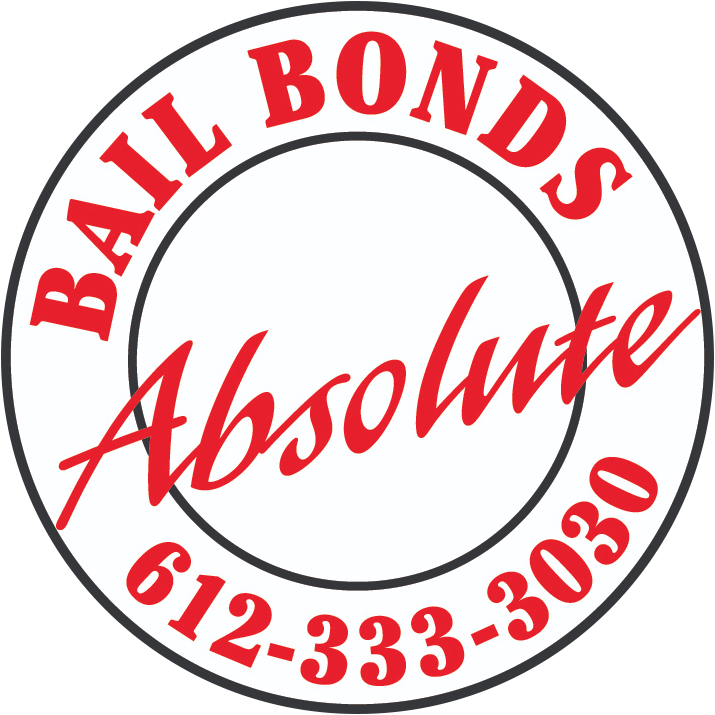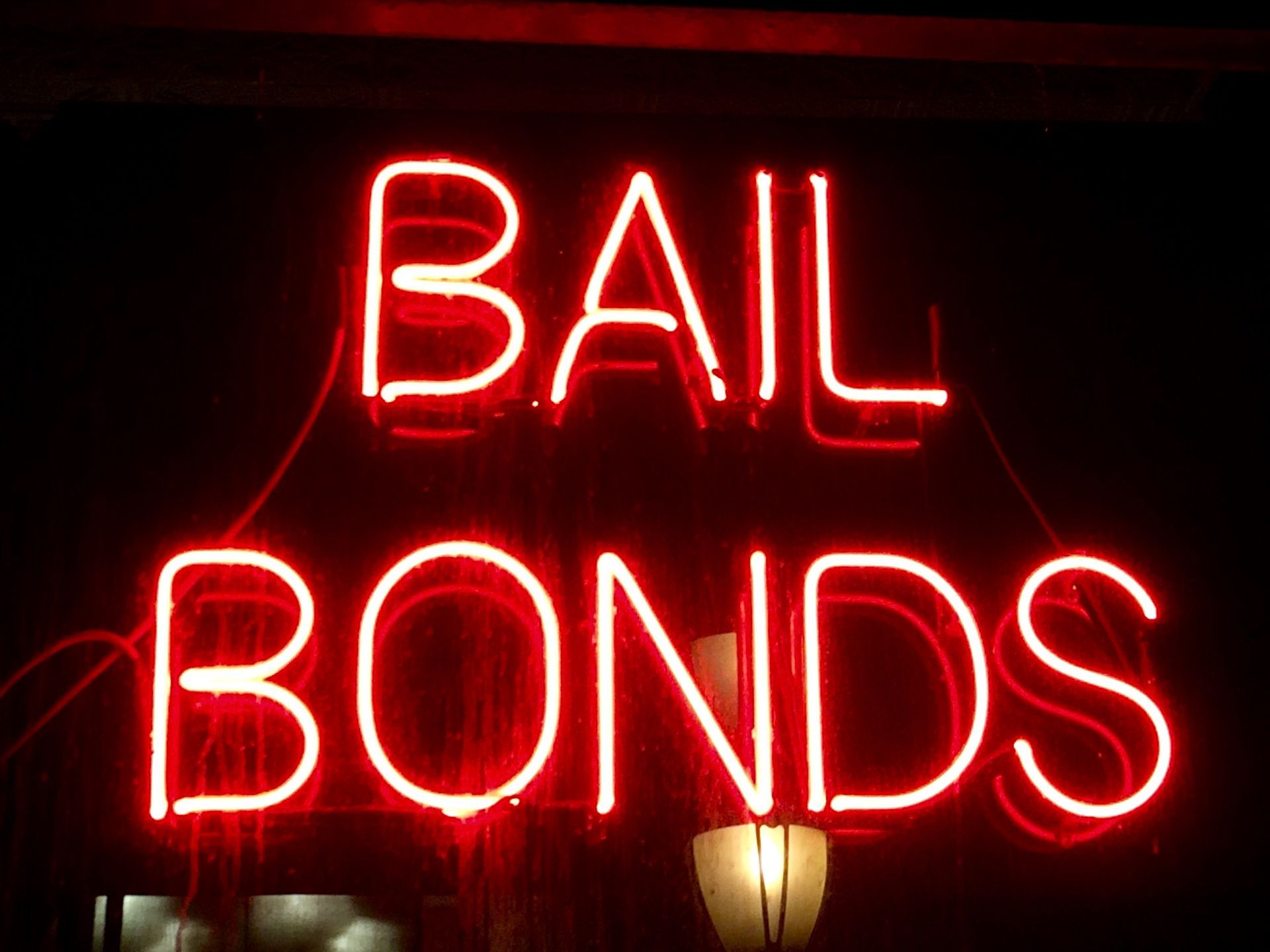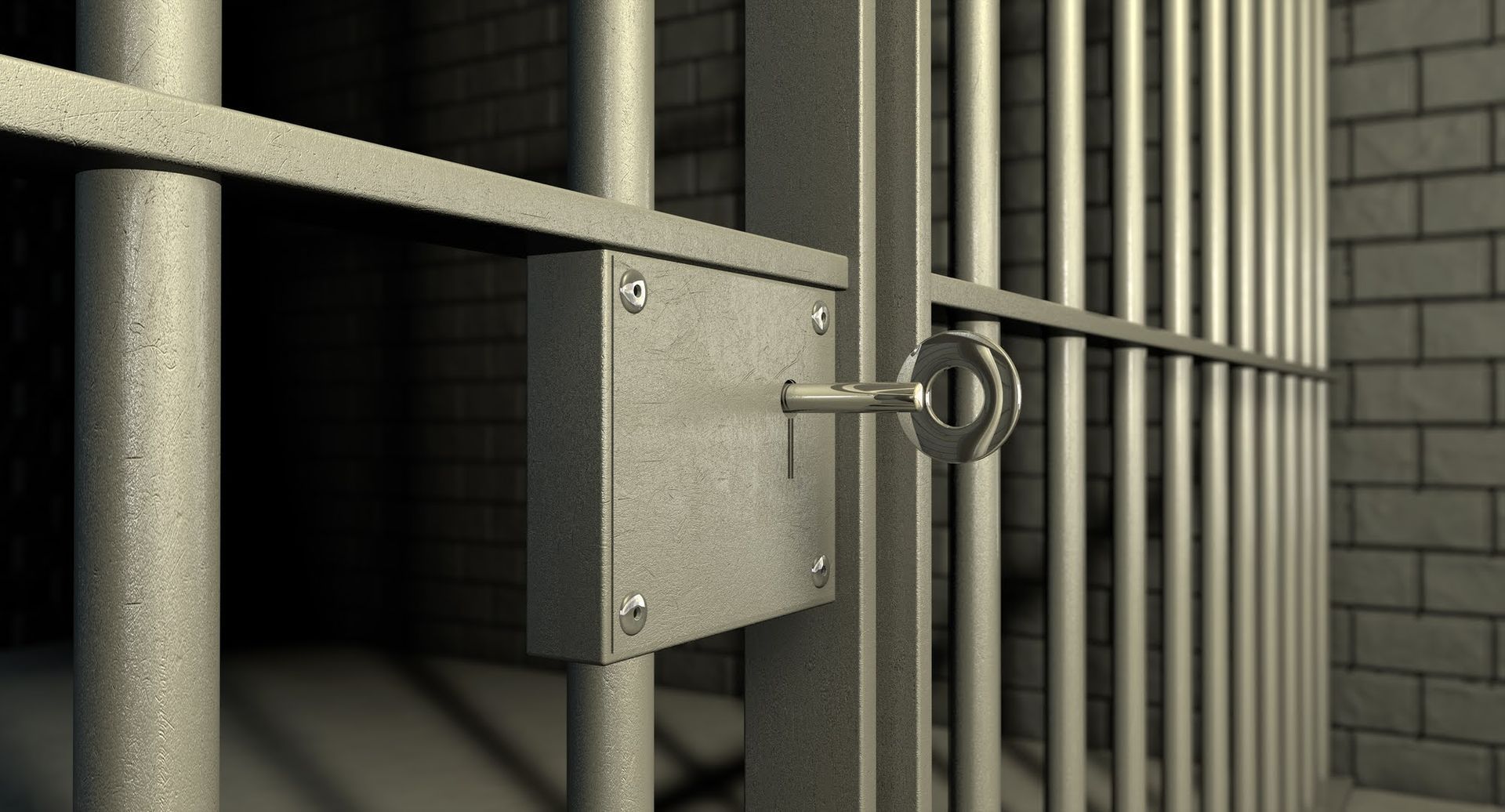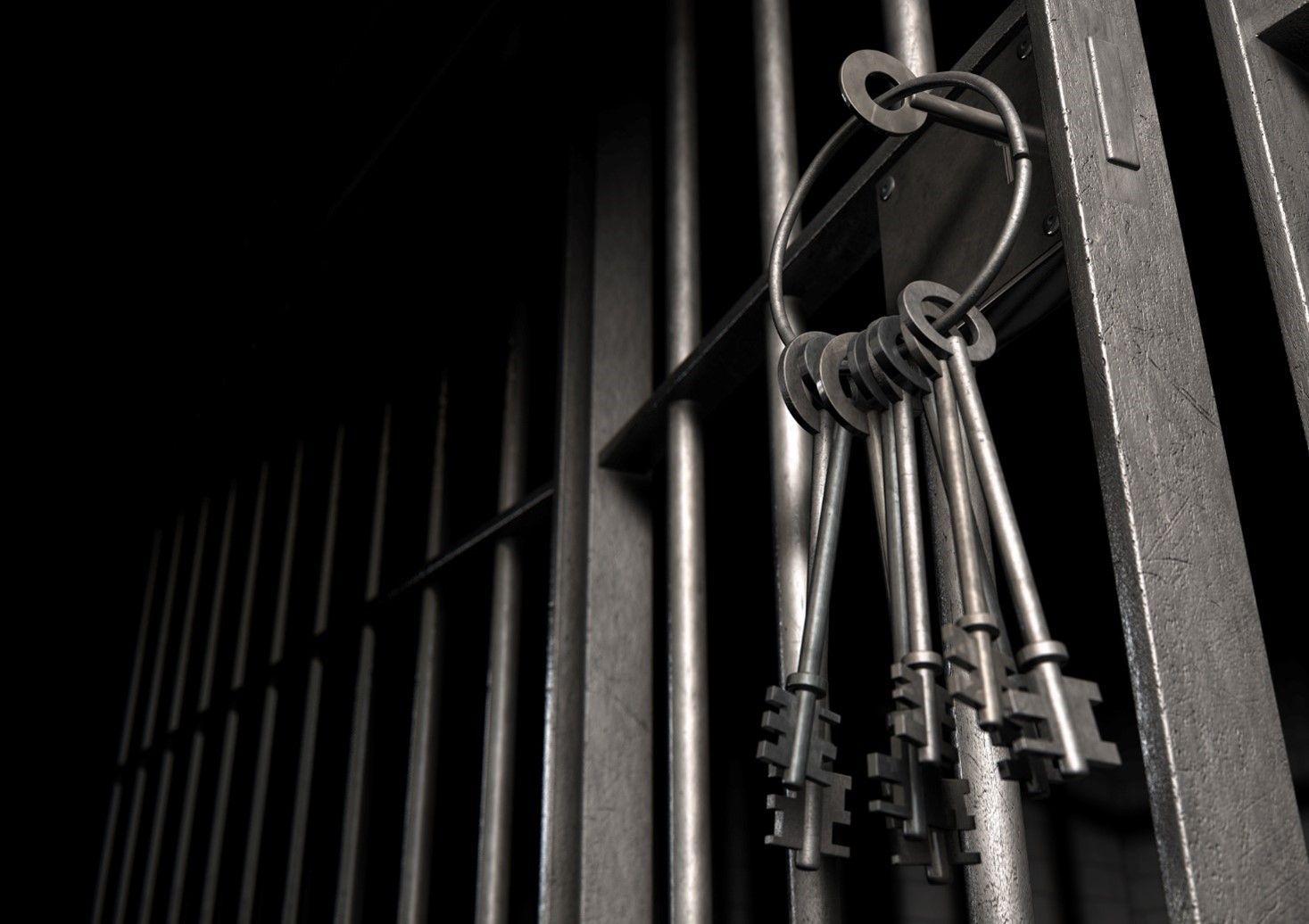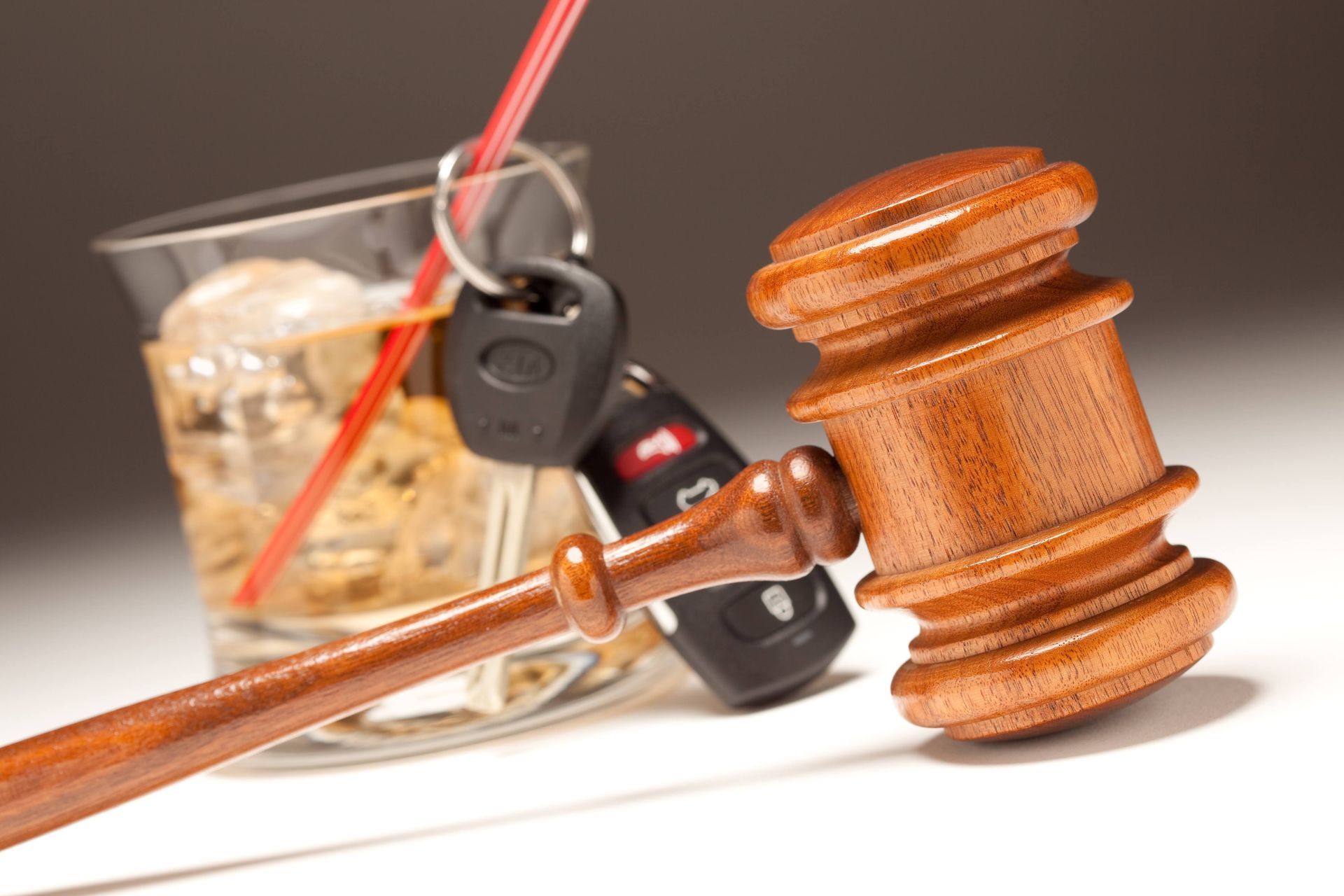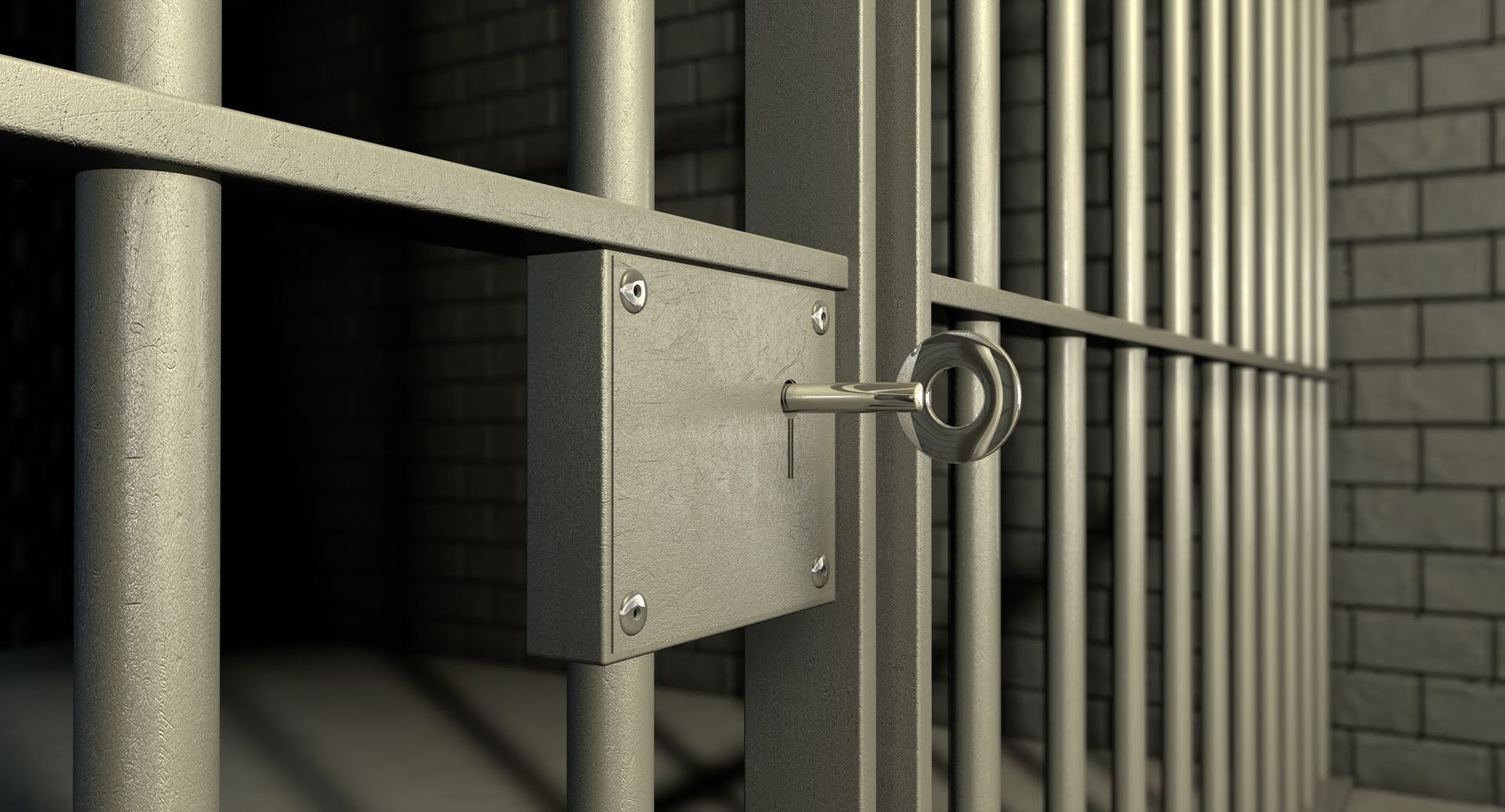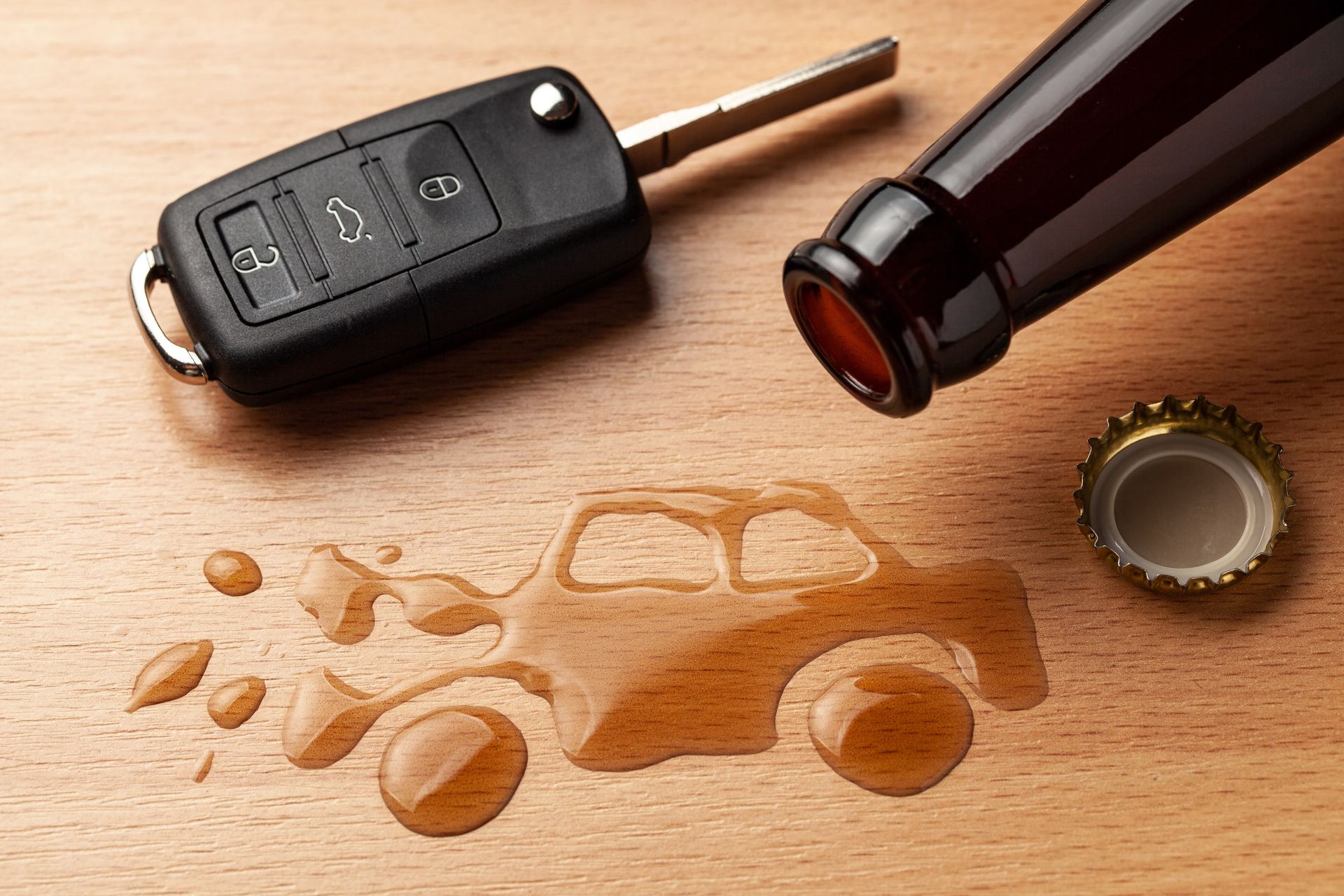What Can You Use as Collateral for Bail Bonds?

Getting arrested can be a nerve-wracking experience for anyone. It's a time that you need as much support and assistance as possible. One common way to expedite the release from police custody is through bail bonds. However, bail bonds may require collateral, which can leave you in a tough spot. In this blog post, we will explore different options you can use as collateral for bail bonds. You'll learn about the different types of collateral that are acceptable, and the pros and cons of each.
Cash
Cash is undoubtedly the most straightforward collateral that you can use for bail bonds. When using cash as collateral, you or a loved one will have to pay the full bail amount, which is typically returned to the person who footed the bill once the defendant has shown up for all court dates. The cash collateral is returned minus any fees charged by the bail bond company.
The pros of using cash as collateral is that it's quick, and it can give family and friends peace of mind knowing that they'll get the money back as long as the defendant meets all the court's requirements. However, the downside is that you have to have the full bail amount available in cash, which may not be affordable for some.
Securities
Securities such as stocks, bonds, and mutual funds, may also be considered as collateral for bail bonds. The value of the security will typically be calculated based on the current market value, and a court will sometimes require a more substantial amount of securities to be pledged to meet the full bail requirement.
Using securities as collateral has its benefits as the bail bond company may return the security collateral once the defendant has met all court requirements. However, the downside is that if the defendant fails to appear in court or meet other requirements, the securities may be sold to pay the bail bond.
Paycheck
If the accused or a loved one has income, they may use a paycheck as bail bond collateral. A portion of the agreement would be that the payroll company deducts an amount from the person's paycheck to pay for the bail bond. The bond amount is returned when the defendant shows up in court and meets all requirements.
This option is beneficial because it doesn't require any additional collateral. Also, the percentage deduction is typically much lower than the amount that a bail bond company would charge to post bail for you. However, the downside is that if the accused is fired from their job, it may be challenging to gain funds to pay off the bail bond.
Vehicles
Another type of collateral that can be used for bail bonds is a vehicle. In many cases, the vehicle must be owned outright by the borrower and must not have any liens against it. The vehicle's value will be assessed, and the borrower usually must sign over the title until the bail bond is discharged. If the borrower fails to appear in court, then the vehicle may be seized and sold to cover any outstanding premiums or fees on the bond.
Personal Guarantees
A personal guarantee is an agreement made between the defendant and the bail bond company. It is based on trust, and only some companies accept it. This option is an excellent last resort for those that cannot come up with any other collateral option. The accused or a family member signs a written agreement stating that they will be liable for the bond amount in full if the defendant fails to appear in court.
The pros are that you don't have to put up any assets upfront, and it's easy to apply as long as the accused or the person signing the agreement has good creditworthy history. On the downside, if you sign a personal guarantee, it means you have to trust the accused to show up to court.
Being arrested is a traumatic experience, but with bail bonds, you can get out of jail quickly. However, you may need collateral to secure the bond, and this is where things can get tricky. The different types of collateral for bail bonds all have their pros and cons, and you will have to decide which one works best for you. If you're unsure of which option to take, consult with a reputable bail bond agent. They have the knowledge and expertise to help you make the right choice and to ensure that you or your loved one is released from jail as soon as possible.
Contact Absolute Bail Bonds to learn more about collateral.
